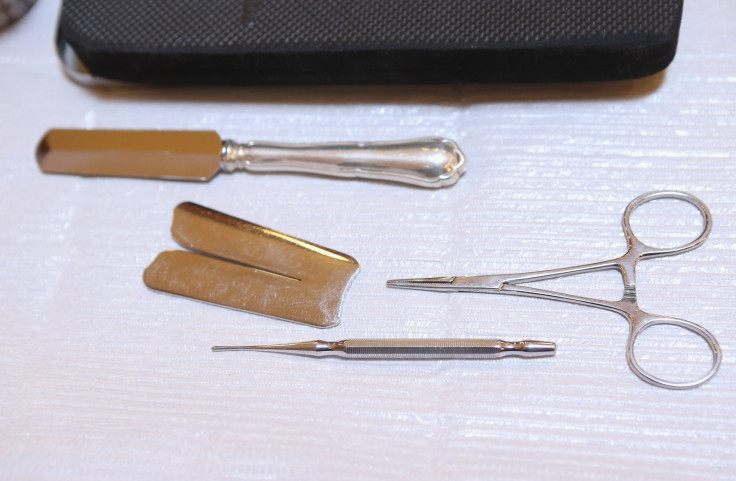Iceland mulls ban on circumcision of boys

KEY POINTS
- MPs from five political parties in Iceland have proposed ban on the circumcision of boys.
- Similar arguments have already been made in Norway and Denmark.
MPs in Iceland have proposed banning the circumcision of boys in the country, believing the practice is a "violation" of their rights.
Members of five political parties are proposing a bill which would see anyone found guilty of "removing sexual organs in whole or in part" jailed for six years.
It has been illegal in Iceland to circumcise women - also known as female genital mutilation (FGM) – since 2005 but no laws exist for boys. As noted by Reykjavik Grapevine, this is mainly due to the fact there is a small Muslim and Jewish population in the country.
Addressing the religious traditions behind circumcisions, the bill states the rights of the child must always supersede the "right of the parents to give their children guidance when it comes to religion".
The bill says the only mitigation for circumcising a boy would be to protect his health, otherwise it should be considered a "clear violation of human rights against children who are too small to have a say".
The proposed law said boys will be able to decide for themselves should they decide to opt for circumcision when they reach the age of consent at 15.
The move follows that of the Danish Medical Association also considering banning boys being circumcised in the Scandinavian country.
Campaign group Intact Denmark launched a petition on the country's parliamentary website urging a ban on the circumcision boys under the age of 18.
Intact Denmark chairperson Lena Nyhus said: "If people want to let themselves be circumcised then they should have the opportunity to make that choice as an adult. Otherwise, they ought to be allowed to grow up with their body intact."
Elsewhere, Norway's Progressive Party recently voted for a law which outlawed the ritual circumcision of children under the age of 16.





















